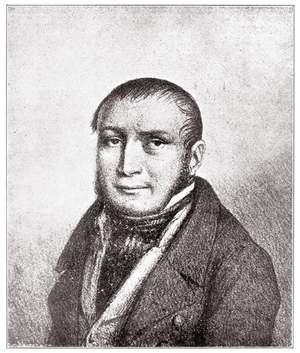There are around 140 language families on the planet. Nearly half of all people speak a language from only one of those families as their native tongue, never mind all those who speak them as second or subsequent languages.
That family is Indo-European, and it includes English, Spanish, Hindi, Russian and some other very big hitters in terms of global speakers.
As the world continues to globalise, we will inevitably lose languages and even entire language families. Some projections suggest we might be down to only five or six major languages by 2500. Of those, only probably Arabic and Chinese stand a chance of being non-Indo-European languages spoken by anyone.
Once upon a time, I scoffed at learning my national language, Irish. What’s the use? Who gives a shit about old myths? Anyhow, it was all tied up with politics and my limited brain could only just about accommodate French.
Now I regret that decision, like I regret not maintaining my knowledge of Attican Greek and Latin, not properly learning Italian, Russian or Turkish, and being so scared by Hebrew and Arabic that I gave up on day one.
Because languages aren’t just interchangeable modes of communication. Each one expresses an entire culture, and even more, a wholly unique way of conceiving of the world. To speak more than one language is to see the world in multiple dimensions at once.
I envy my five year old his bilingualism. It’s a gift I intend to jealously defend for him, and no doubt on occasion even against his future wishes.
If you want to save culture and add literal dimensions to your brain, learn a language. Start today.

